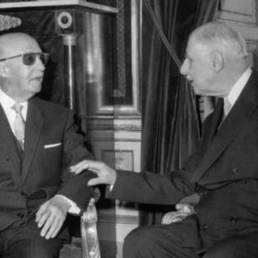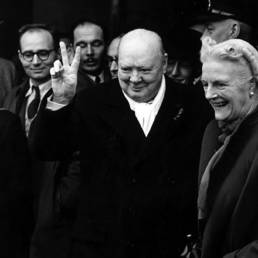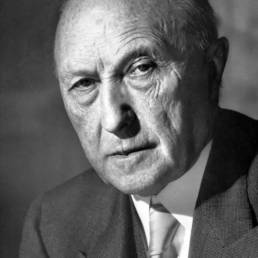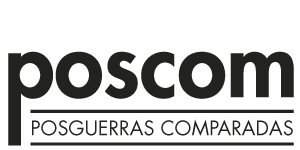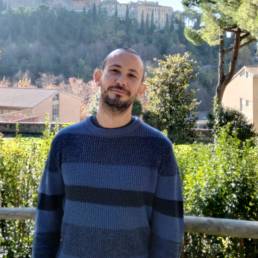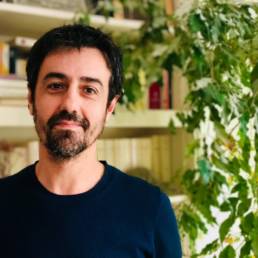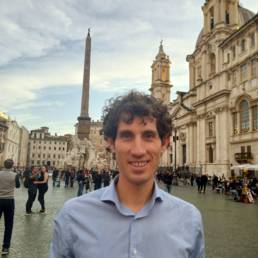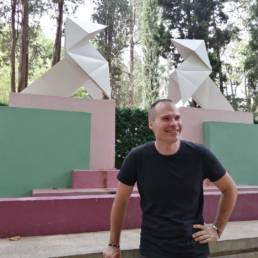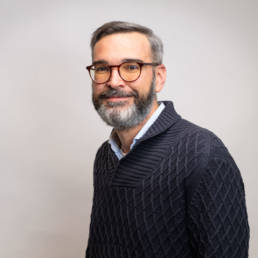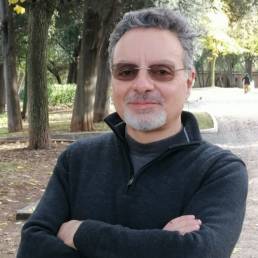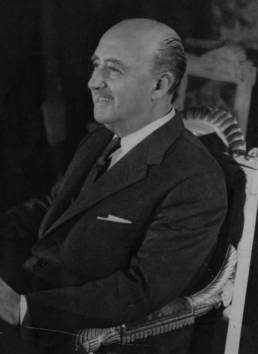
Origins
The research group “Postwar, Democracy and Authoritarianism” (POSTDEMA) was created in 2004 under the initial name of “Social and Political Change in Southern Europe” in the Department of Modern and Contemporary History of the University of Zaragoza. Since its beginnings, its members have approached Francoism from original perspectives rarely used by historiography.
On the one hand, paying attention to the period between the end of the Second World War and Franco’s death. On the other hand, it focuses on the study of FET-JONS during those years, a subject that until a few years ago had received little attention in historiography, which mostly considered the single Spanish party to have been defeated after 1945.
All this from a broad and comparative perspective that takes into account the other Mediterranean fascist experiences, as well as their transition processes and the adaptation of the old fascists to the new democratic environments. As a consequence, in 2019 the group decided to change its approach to Franco’s regime. Thus, it began to focus its research work on integrating Franco’s regime into the historical phenomena that affected Western Europe after 1945.
Project
Our study is based on the hypothesis that dictatorships and the authoritarian past did not disappear completely from Western Europe after 1945. In this perspective, we propose that after the fall of the Third Reich, General Franco’s regime did not remain on the sidelines of the main historical phenomena that affected the Old Continent, nor of the reflections on them that took place in the conservative, Christian-democratic and post-fascist European spheres.
The aim of our subproject is to try to integrate Franco’s regime into the debates on the establishment of post-war European democracy, as well as to show that there were conservative and authoritarian sectors in Europe which, in this constituent context, looked at and interacted with Franco’s regime.
For this we establish two clearly differentiated periods:
- Between 1945 and 1955. A time of economic and political reconstruction after the war, it is the context of the construction of the new European regimes and the settling of accounts with the immediate past.
- ● Between 1955 and 1968. A time of economic and political stabilisation in the West, when Western liberal democracy became the new canon. Spain tried to modulate or manipulate this model in an attempt to make it compatible with the reality of a dictatorship based on the postulates of the extinct fascism. In order to perpetuate itself in power, the dictatorship sought a new discourse and new ideological references.
Research lines
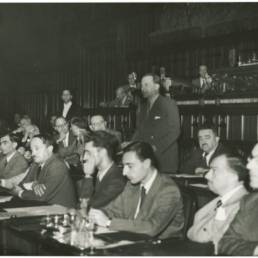
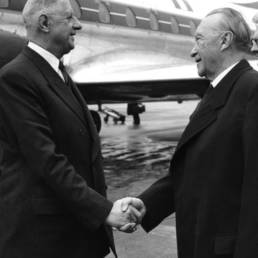
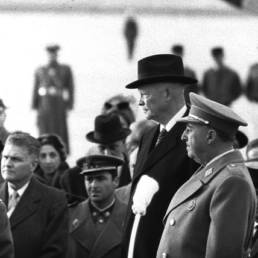
Franco's Spain, the legacy of fascism and the debate on the contents of democracy.
The fact that Franco's regime was formally condemned by the UN in December 1946 as a fascist regime and found itself in diplomatic isolation does not mean that it did not have relations with other countries, movements and parties, and also with people either linked to the period before 1945 or connected to the conservative and Christian Democrat world in Italy, France or Germany.
Integrating Francoism into the debates on the establishment of post-war European democracy.
Our aim is for the Spanish case to form part in its own right of the analyses of the nature of European democracy after 1945, seeking a two-way return of this relationship: the one established in the relationship with that European environment in the post-war period after 1945, and the vision of Spain and its political situation from the European countries that embodied fascism or also experienced it as part of the conflict (Germany, Italy, France).
